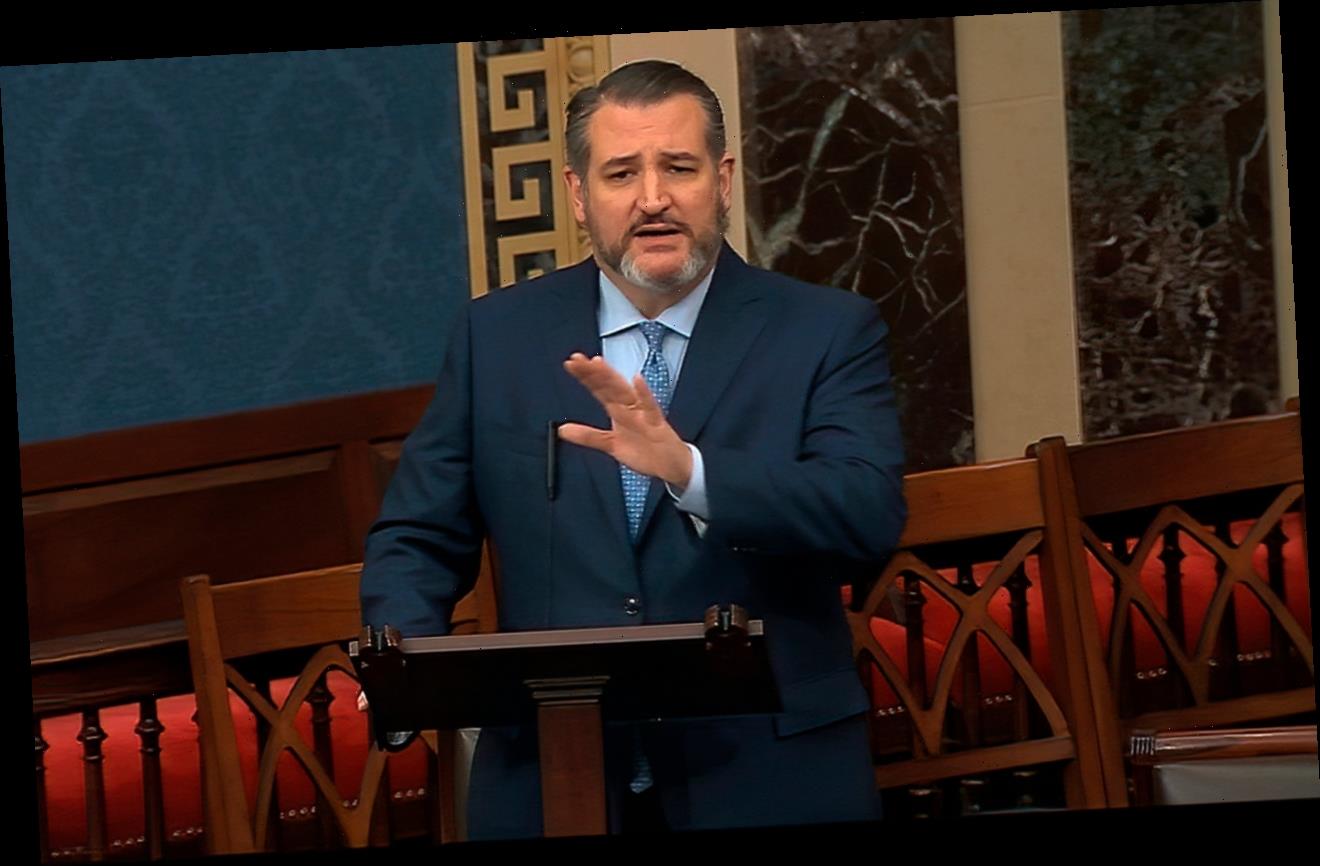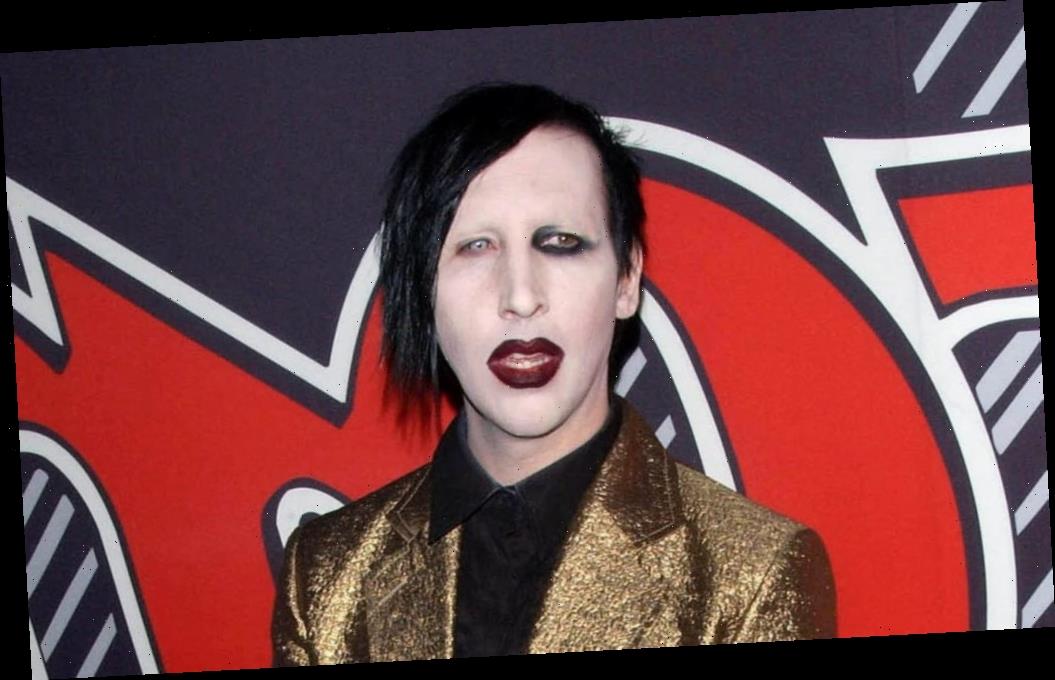EXCLUSIVE: Film and TV performers have become Brexit “collateral damage” after the British government failed to reach an agreement with the European Union for creative industry workers to travel visa-free across the continent.
That’s the view of Paul W Fleming, the general secretary of Equity, which represents 47,000 performers and creative practitioners, including high-profile British actors like Helen Mirren, Olivia Colman, and Tom Hiddleston.
Fleming told Deadline that it was “deeply irrational” that the government was more preoccupied by the needs of the UK fishing industry than the creative sector during crunch Brexit talks with the EU late last year. “When you’re more bothered about pollock, you’re not talking about performing arts,” he said.
Fishing was a hot-button, politically-charged negotiating point during Brexit negotiations, but the industry is worth just £784 million ($1.09M) to the UK economy. The creative sector, with its kaleidoscope of world-class film, TV, theatre, and music performers, is worth nearly £112 billion.
These performers, as well as behind-the-scenes freelancers, could work in the EU up until January by simply jumping on a plane, train, or ferry. Now, they have to fill out reams of costly paperwork that can take months to process. They are also being discriminated against in casting calls because of the color of their passport.
These roadblocks would be troubling in the best of times, and it is certainly not the best of times as the coronavirus pandemic continues to rage in Europe, creating its own travel nightmares.
“What you have to recognize, particularly with recorded media, is how short the turnaround times are. We get members who are phoned on a Thursday or Friday and are asked to be there on a Saturday or Sunday. What this means is that can’t happen anymore,” Fleming explained. “The people who lose out are not those working on the multi-million-pound blockbusters. It is going to be the ordinary working members of Equity, who land a small part in a Netflix series.”
Some 43% of Equity members said the Brexit deal has negatively affected their confidence in being able to find work, according to a survey conducted by the trade union. It also found that 31% of those questioned have seen job ads and/or casting calls asking for EU passport holders only.
The findings prompted some of Equity’s highest-profile members, including Ian McKellen, Julie Walters, and Patrick Stewart, to write an open letter to UK Prime Minister Boris Johnson this week, calling on him to negotiate new terms that will enable creative sector workers “to travel to the EU visa-free for work, and for our European counterparts to be able to do the same in the UK.”
The government is pointing the finger of blame squarely at the EU, arguing that Brussels rejected proposals on visa-free travel as part of the Brexit negotiations. Culture minister Caroline Dinenage said on Tuesday that “there is not any appetite” to reopen the Brexit deal, adding that bilateral “negotiations with individual member states” would be the most likely path to a solution.
Fleming agreed: “Multiple European countries, particularly those with similar set ups for receiving British artists, could come together with the same sort of arrangement, supported by the European Union. The British government and the EU can affect change, and that is likely to happen on a multilateral level, rather than a UK-EU basis.”
The government is hosting a number of industry working groups to find a consensus about the way forward. The creative sector working group first met in January and sat down again on Monday. Fleming is directly involved in the conversations and is helping make the case for his members. “We’re engaging in good faith. I am not going to let our members be taken for a ride and for our involvement to be perceived as consent to a poor deal that comes out of it,” he added.
Read More About:
Source: Read Full Article


